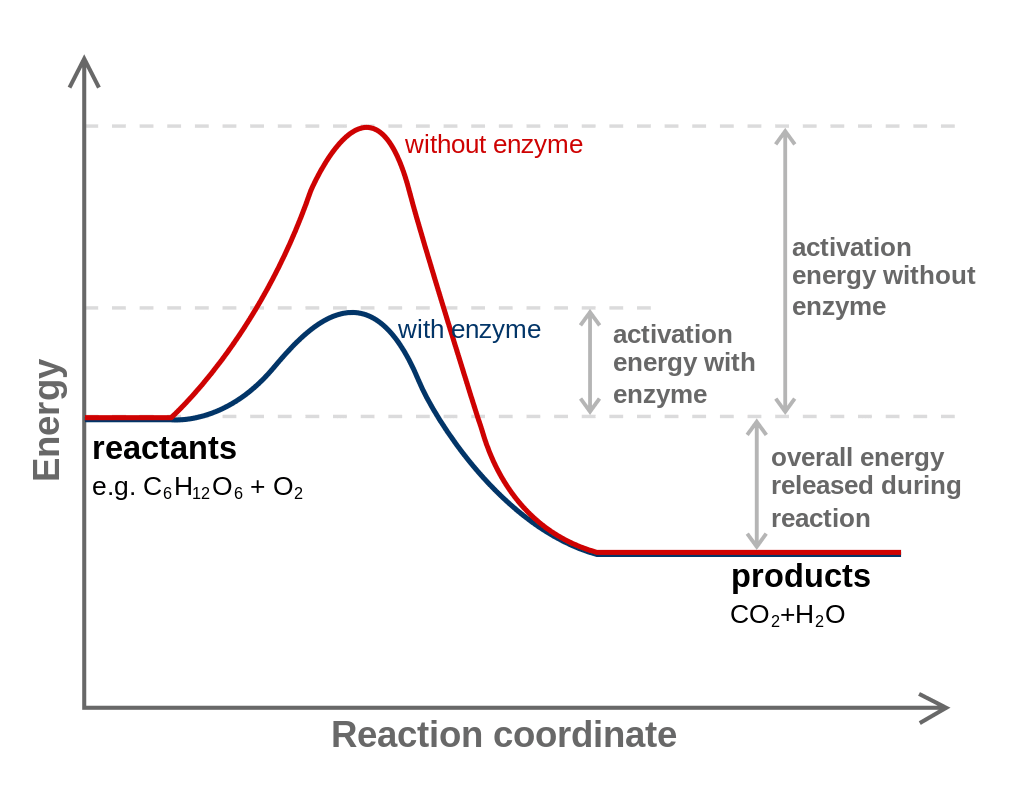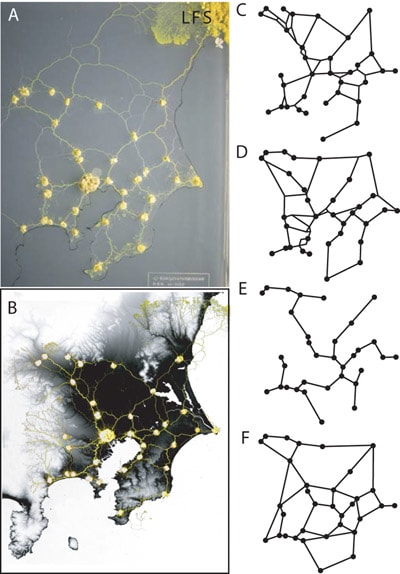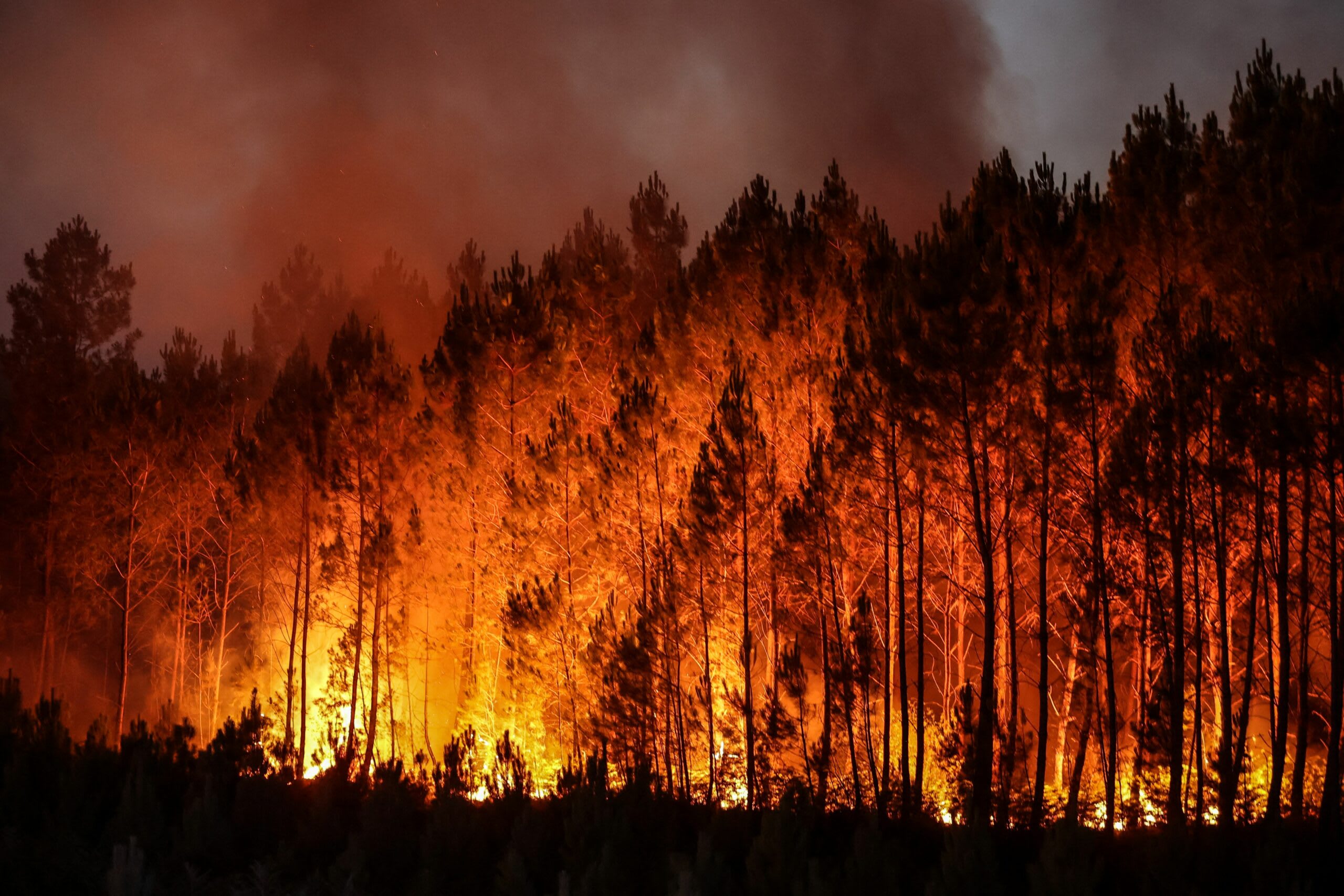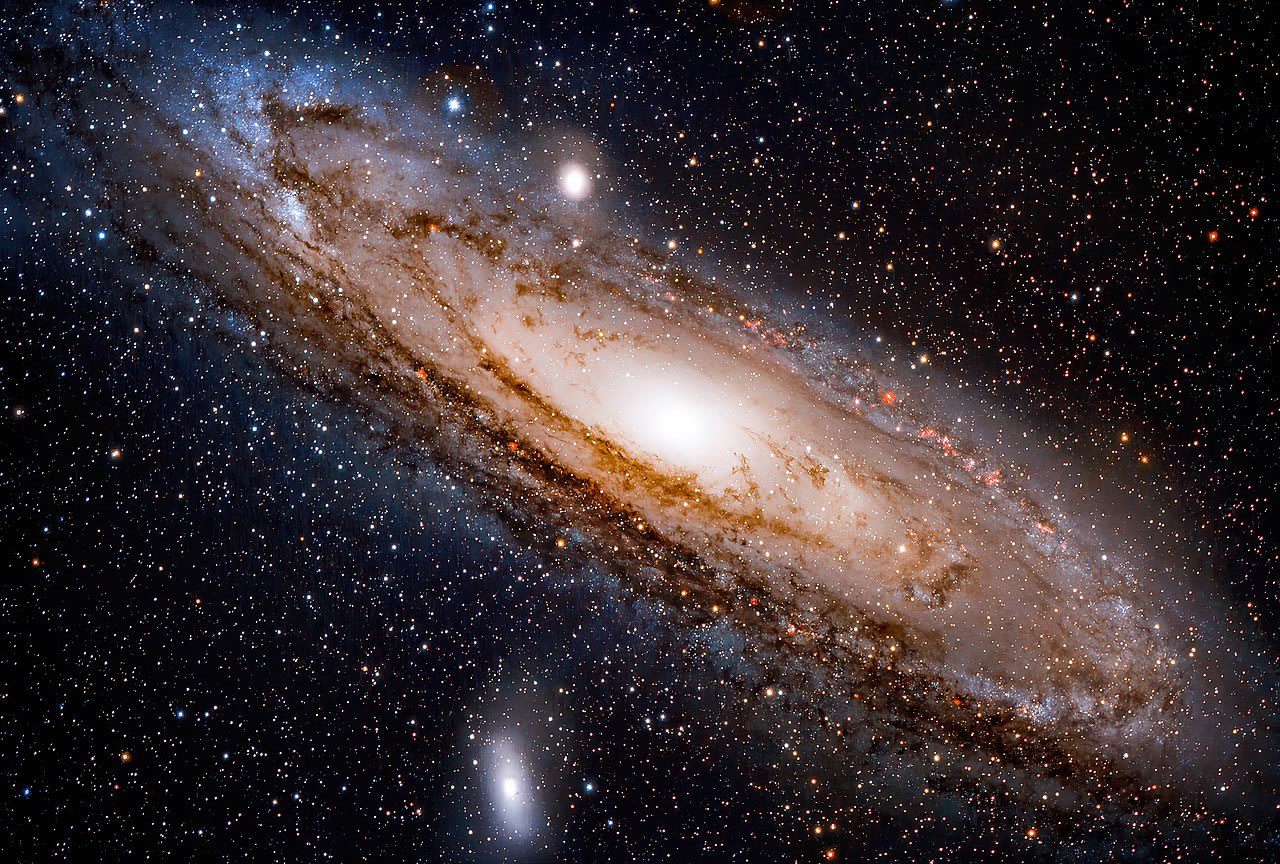Imagine an almost infinite, nearly flat plain of early medieval farming villages populated by humans and their livestock (cows, horses, sheep, etc) politically organized into small duchies and generally peaceful apart from rare skirmishes.
Add a few key technologies like stirrups and compound bows (as well as some social technology - the desire for conquest, maneuver warfare, multiculturalism) and a great khan or warlord can take men and horses and conquer the entire world. The Golden Horde did this to Eurasia in the 1200s.
An overhang in the sense I am using here means a buildup of some resource (like people, horses and land) that builds up far in excess of what some new consuming process needs, and the consuming process proceeds rapidly like a mountaineer falling off an overhanging cliff, as opposed to merely rolling down a steep slope.
The Eurasian Plain pre-1200 was in a "steppe-horde-vulnerable-land Overhang". They didn't know it, but their world was in a metastable state which could rapidly turn into a new, more "energetically favored" state where they had been slaughtered or enslaved by The Mongols.
Before the spread of homo sapiens, the vertebrate land animal biomass was almost entirely not from genus homo. Today, humans and our farm animals comprise something like 90% of it. The pre-homo-sapiens world had a "non-civilized-biomass overhang": there were lots of animals and ecosystems, but they were all pointless (no globally directed utilization of resources, everything was just a localized struggle for survival, so a somewhat coordinated and capable group could just take everything).
Why do these metastable transitions happen? Why didn't the Eurasian Plain just gradually develop horse archers everywhere at once, such that the incumbent groups were not really disrupted? Why don't forests just gradually burn a little bit all over the place, so that there's never a large and dangerous forest fire? Why didn't all animal species develop civilization at the same time as humans, so that the human-caused extinction and extermination of most other species didn't happen?
It's because the jump from the less-favored to the more-favored state in a technological transition is complex and requires nontrivial adaptations which other groups would perhaps never develop, or would develop much more slowly. Dolphins can't make a civilization because they don't have access to hands or fire, so they are basically guaranteed to lose the race for civilization to humans. Mongols happened to get all the ingredients for a steppe empire together - perhaps it could have been someone else, but the Mongols did it first and their lead in that world became unstoppable and they conquered almost everything on the continent.
These transitions can also have threshold effects. A single burning leaf might be extinguished and that's the end of the fire. A single man with stirrups and a bow is a curiosity, ten thousand of them are a minor horde that can potentially grow. So the new state must cross a certain size threshold in order to spread.
Threshold scale effects, spatial domino effects and minimum useful complexity for innovations mean that changes in the best available technology can be disruptive overhang events, where some parameter is pushed much further than its equilibrium value before a change happens, and the resulting change is violent.
As well as being fast/violent/disruptive, these changes tend to not be good for incumbents. Eurasian farmers would rather the Mongol empire hadn't come into existence. European aristocracy would rather firearms had never been invented. But they also tend to be very hard to coordinate against once they get going, and it's hard to persuade people that they are real before they get going.
Of course there is some degree of change where a gradual transition is favored over a violent phase change. A slightly innovative military weapon may simply get shared around the world, rather than giving the entity that invented it enough of an advantage to roll everyone else up. If you are an incumbent and you have any choice in the matter, you would almost certainly prefer that the rate of change is below the threshold for violent, overhang-y metastable transitions.





Yes, and I believe that the invention and spread of firearms was key to this as they reduce the skill dependence of warfare, reducing the advantage that a dedicated warband has over a sedentary population.